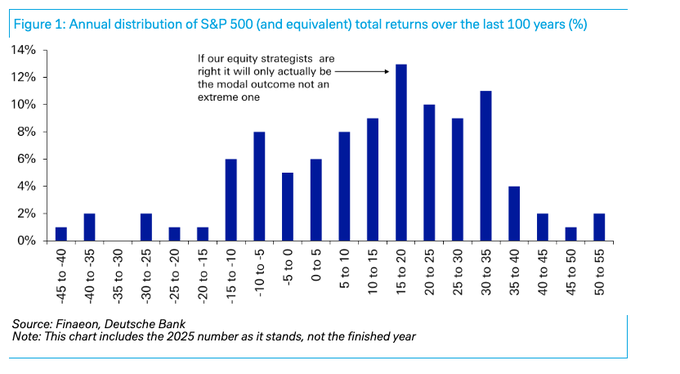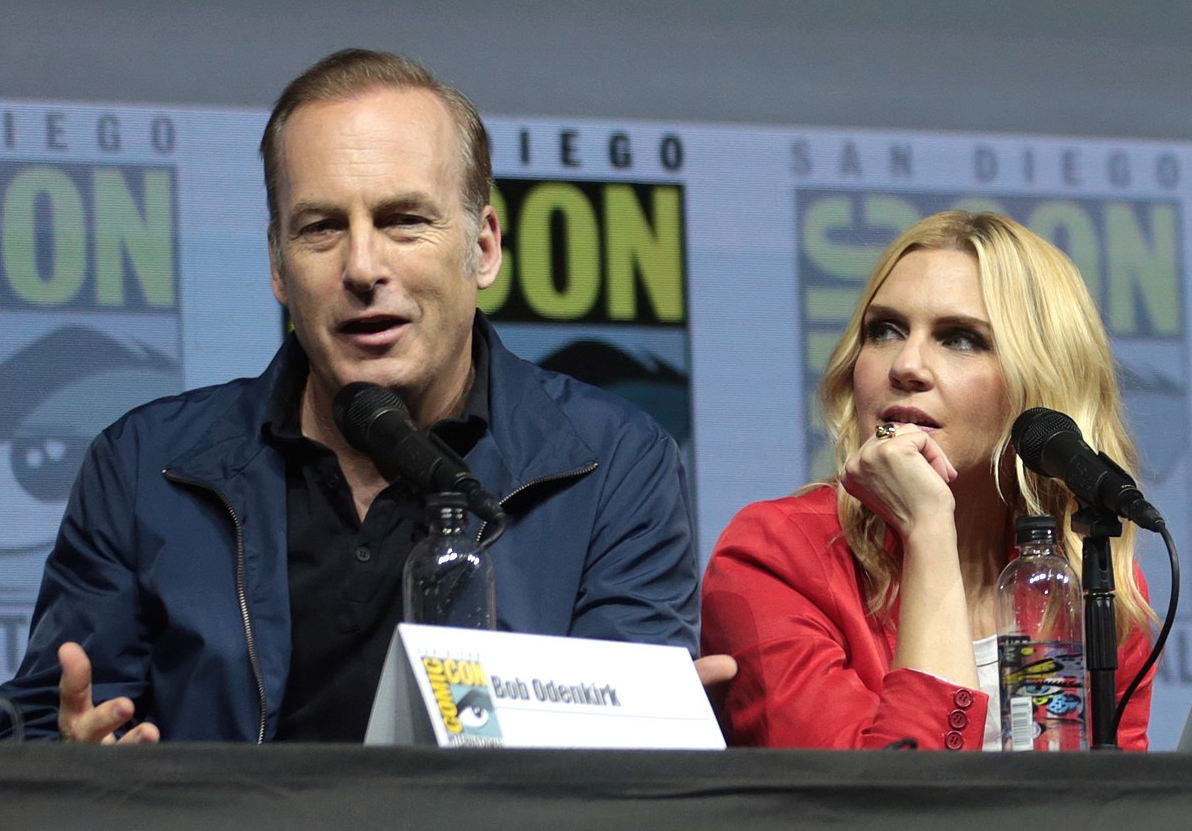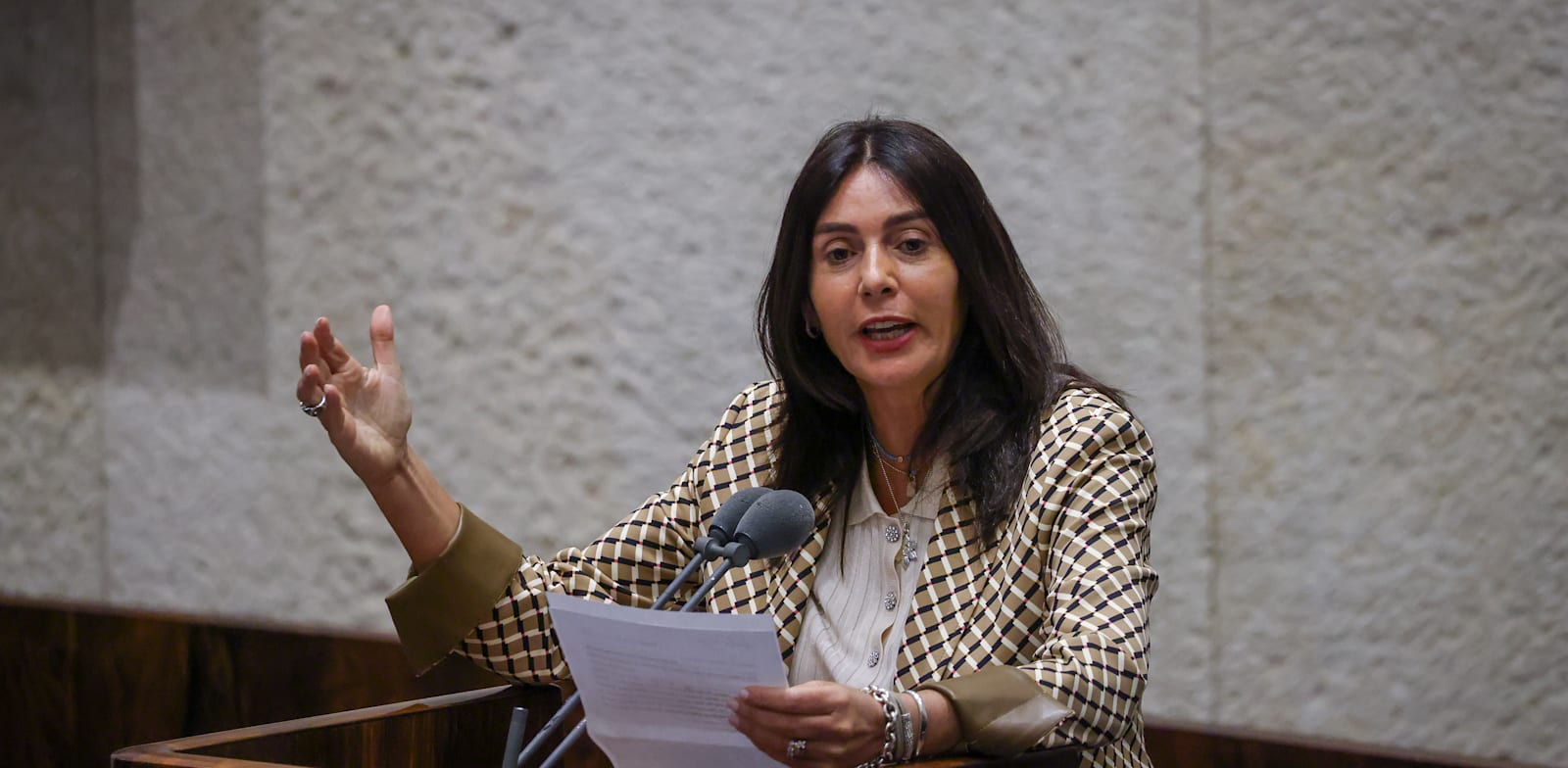Nations like India and New Zealand have a particular responsibility of forging a post-colonial order that will provide global prosperity and stability, External Affairs Minister S Jaishankar said on Thursday, as he discussed pressing issues like the security situation in the Indo-Pacific and the consequences of the Ukraine conflict with his New Zealand counterpart.
Jaishankar, who is here on his first visit to New Zealand as the External Affairs Minister, held “warm and productive” talks with his New Zealand counterpart Nanaia Mahuta.
“Warm and productive talks with New Zealand Foreign Minister @NanaiaMahuta this afternoon. Two societies, respectful of tradition and culture, are seeking to forge a more contemporary relationship,” Jaishankar tweeted after the meeting.
“Appreciated the exchange of views on (issues of) international concerns such as the Indo-Pacific and the Ukraine conflict. Value our working together in multilateral forums including the UN and Commonwealth,” he said.
“I see this, not just as a visit, but really an endeavour by two countries very respectful of each other’s traditions and culture, very conscious of their diverse nature, to forge a more contemporary relationship, and a more contemporary one,” Jaishankar said at a joint press interaction with Mahuta.
“I think we do recognise today that countries like India and New Zealand have a particular responsibility in forging a post-colonial order, which is fairer, which is more equitable, and which will provide the prosperity and stability to large parts of the world with which we are historically linked,” he said.
He said a large part of his conversation with Mahuta went to strengthening our bilateral relationship.
“The sum and substance of it was really an understanding that we should play to each other’s strengths, which specifically meant business, education, technology, digital world, agricultural trade, talent, and most of all people to people connect because that’s at the heart of both our societies,” he said.
Shaping the Indo-Pacific region
There was also a very open discussion on how India and New Zealand together will shape the larger region, the Indo-Pacific region, he said. “There was a discussion on some current, some pressing issues like the security situation in the Indo-Pacific, the consequences of the Ukraine conflict,” he added.
India, the US and several other world powers have been talking about the need to ensure a free, open and thriving Indo-Pacific in the backdrop of China’s rising military manoeuvring in the resource-rich region.
China claims nearly all of the disputed South China Sea, though Taiwan, the Philippines, Brunei, Malaysia and Vietnam all claim parts of it. Beijing has built artificial islands and military installations in the South China Sea. China also has territorial disputes with Japan in the East China Sea.
India has repeatedly emphasised on the immediate cessation of hostilities in Ukraine and the need to resolve the ongoing conflict through dialogue and diplomacy. “…and naturally we spent some time on the major global issues, most of all climate action, climate justice,” Jaishankar said.
He mentioned some of the initiatives which India has been sponsoring over the last few years — the International Solar Alliance, the Coalition for the Disaster Resilient Infrastructure, the Initiative for the Resilient Island States.
Importance of collaborating
He also highlighted the “importance of collaborating not just bilaterally, but with other countries to deal with contingencies like pandemics, which we know will surely recur at some point in time and, of course, other common concerns, maritime security for example.” “We spoke a bit about the need for better air connectivity,” he said.
Jaishankar also took up the issue of Indian students impacted by Covid measures in New Zealand. “I also raised with the minister the concerns that some of our students have faced, students who had to leave New Zealand during the Covid period and who didn’t have the opportunity to get their visas renewed,” he said.
“I urged a fairer and more sympathetic treatment for them, also students who are waiting to come to New Zealand to pursue their studies and whether the visa process for them could be hastened,” he said.
Students in NZ
India is the second largest source of international students in New Zealand pursuing higher education in various disciplines such as information technology, hospitality, science, engineering and architecture. They also touched upon the issue of skills demand in each society.
“There are perhaps demands in New Zealand which could be met out of India, and we have a mobility understanding with many countries, so the possibility whether those could serve as guidance for progress between us,” Jaishankar said.
“So, all in all, I would say it has been, Minister, a very good day of discussions and exchange of views and I’m really very pleased today to find some way of contributing to the strengthening of our ties,” Jaishankar said.
He also invited his counterpart to India. “We would be very honoured if we have the privilege of receiving you, Minister, in India, I hope not in the very distant future,” he said.
Jaishankar also met Associate Minister for foreign affairs Aupito William Sio during his meeting with Mahuta. “Pleasure to meet Associate Minister for foreign affairs @AupitoWSio_MP during my talks with FM @NanaiaMahuta,” Jaishankar tweeted.
During the visit, Jaishankar will join Prime Minister Jacinda Ardern on Thursday to felicitate members of the Indian community for their exceptional achievements and contributions.
“I think this evening, I have the opportunity to spend time with the Indian community which has done so much to be a living bridge between us,” Jaishankar said at the joint press interaction. “I hope, I will have the opportunity of meeting the Prime Minister on that occasion as well and spending a little time in New Zealand, including, in inaugurating our new Embassy premises in Wellington,” he said.
New Zealand has approximately 2,50,000 persons of Indian origin and NRIs, a vast majority of which have made the country their permanent home.
















